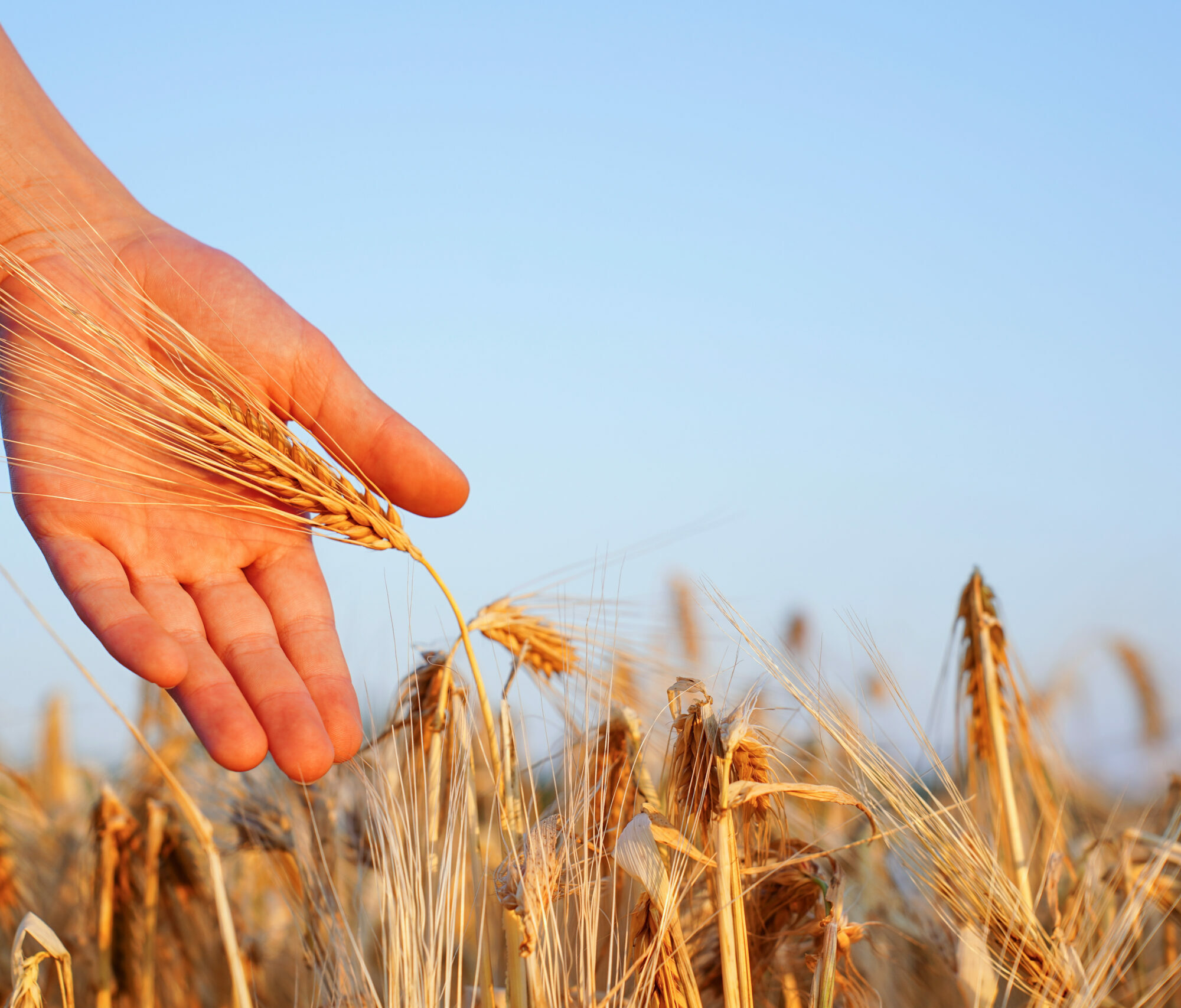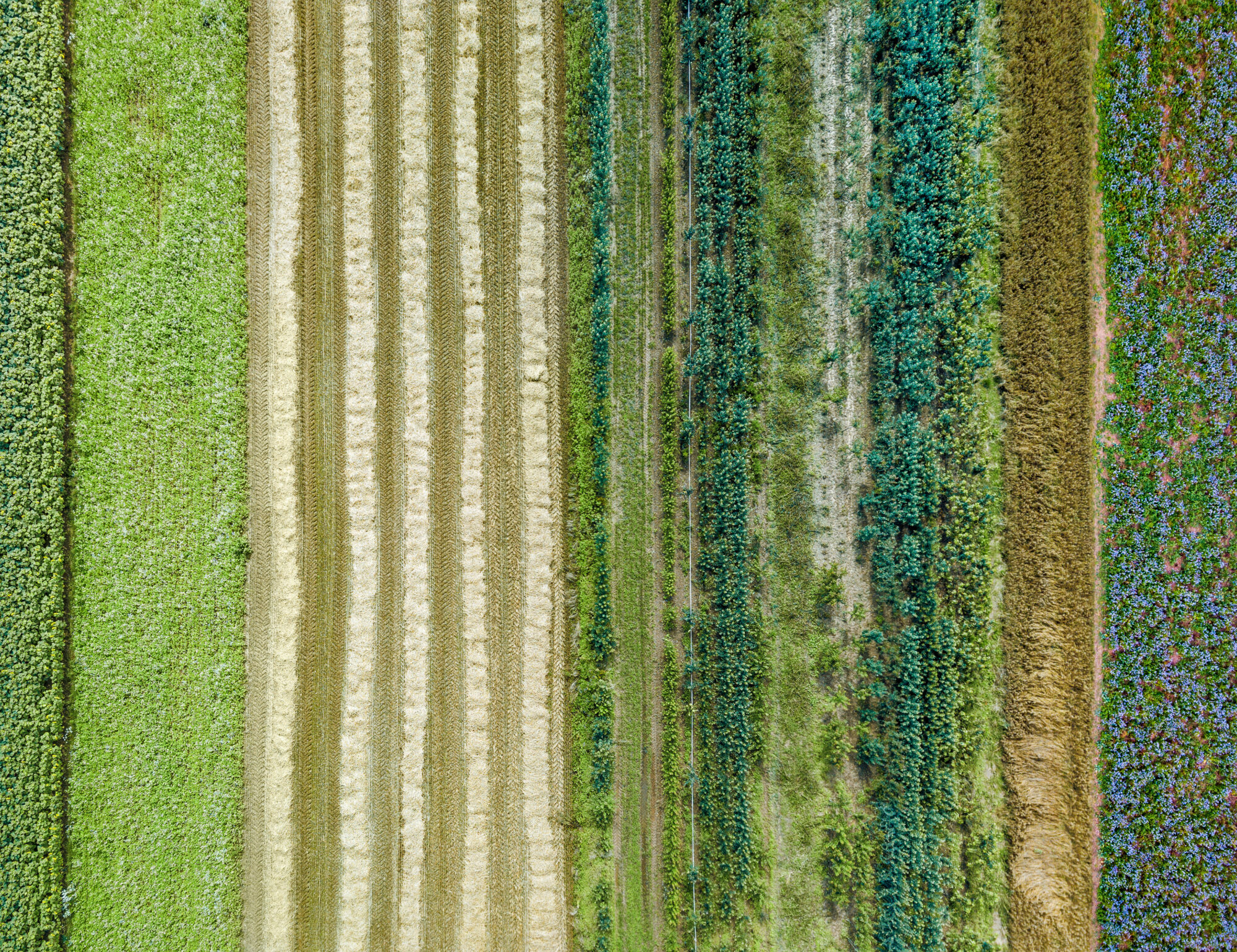Lever n°1: Develop pioneering products that make sustainability the new norm
Product innovation in the context of sustainable development involves creating new or improved products that meet the needs of customers and consumers while reducing negative impacts on the environment and society. This may involve resilient sourcing of ingredients from responsible suppliers, ensuring the eco-design of recyclable or biodegradable products using environmentally-friendly materials, or reducing food waste.
The greatest challenges in this field include identifying sustainable materials and manufacturing processes, and designing products that are both durable, functional and appreciated by consumers. In short, we can speak of a desirable sobriety approach. A final challenge is to identify the aspects of the business that contribute to food waste.
Find out how we can support you in your eco-design projects >
Lever n°2: Promote competitiveness and environmentally-friendly practices through operational efficiency
Operational efficiency involves optimizing production, transport and logistics processes, with the aim of reducing resource consumption (energy, water, raw materials) and greenhouse gas emissions.
The concept of the circular economy is gaining in importance in the food industry. It also involves the implementation of closed-loop systems for water and nutrient management, such as using wastewater to irrigate crops or composting food waste to enrich the soil. Other applications can be implemented beyond the field, such as “upcycling”, which involves transforming by-products (spent grains, fruit trimmings) or food waste into new edible products.
To achieve these objectives, 3 key levers need to be mastered:
- identify areas for improvement in operations
- implement and adopt new practices
- manage the investment costs associated with these changes.
Lever n°3: Engage consumers and build loyalty with brands that embrace sustainability
Promoting the company’s commitment to sustainability and environmental responsibility is essential to meet growing consumer demand on the one hand, and to reinforce its brand image on the other. This means implementing innovative marketing and communication strategies.
With greater traceability
A first lever for action is transparent labelling and traceability, implemented to boost consumer confidence and enable them to make informed choices. This includes providing clear information on ingredients, sourcing, certifications and sustainable production practices.
For example, more and more initiatives are taking advantage of QR code scanning to access detailed information, like Smartlabel, a US application that contains FMCG product data from over 60 major groups. Blockchain technology is also being used. It enables the creation of immutable, verifiable registers, offering the possibility of tracking every stage in a product’s journey.
Educating consumers
A second lever for action is consumer education, the main aim of which is to foster a sense of shared responsibility in creating a more sustainable future. To achieve this goal, a number of initiatives have been developed, including educational campaigns, partnerships with NGOs, experts and retailers.
For example, infant nutrition brand Blédina has been organizing “La Cueillette des Curieux” for the past 6 years as part of its “Recultivons” program, in partnership with the Fédération Nationale d’Agriculture Biologique, Bio Nouvelle-Aquitaine and INVENIO. Several families are invited to take part in harvesting fruit and vegetables on partner farms. The aim is to bring consumers closer to the organic farming sector, promoting appreciation and understanding of local, sustainable food.
One of the biggest challenges for food companies in this field is to find high-impact means of communication. Indeed, it can be beneficial to popularize sustainability concepts and measures, which often remain complex. Nevertheless, it’s worth noting that stakeholders are highly sensitive to the risk of perceived greenwashing, which has a strong potential to damage brand image.
The use of data can help companies to innovate in terms of sustainable development, by providing them with information on the environmental impact of their activities, consumer preferences and progress towards sustainable development goals. By harnessing data in this way, it’s possible to develop more sustainable products and practices, and to position yourself as a sustainability leader in your sector. Our team can support you in your responsible innovation projects (data strategy, eco-design, new organizational models, CSR strategies and roadmaps, ….), so don’t hesitate to contact us!
About the authors,
Mathieu, Project Manager in Alcimed’s Agrifood team in France
Sami, Senior Consultant in Alcimed’s Agrifood team in France
Ludivine, Consultant in Alcimed’s Agrifood team in France



